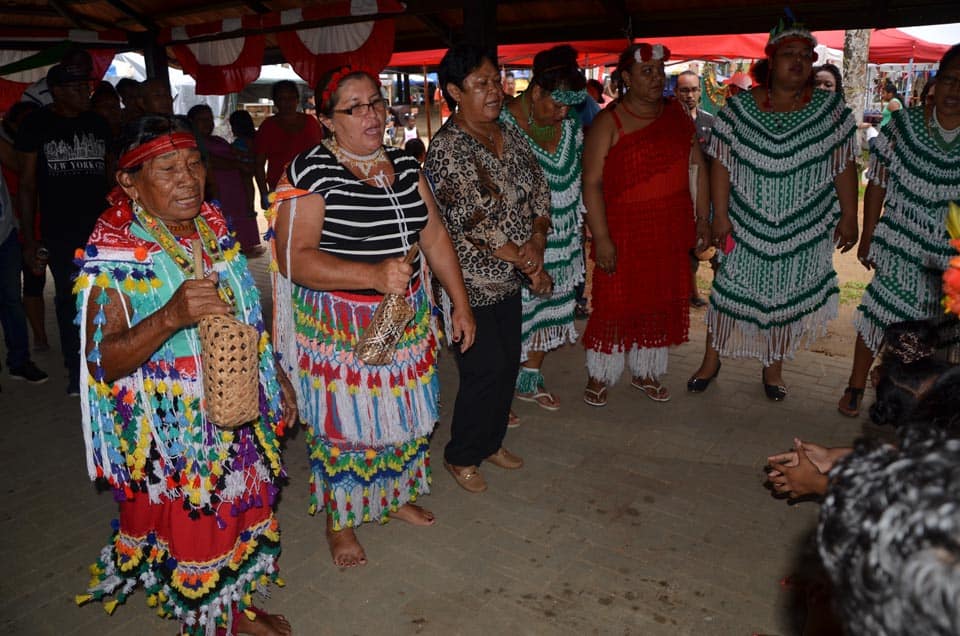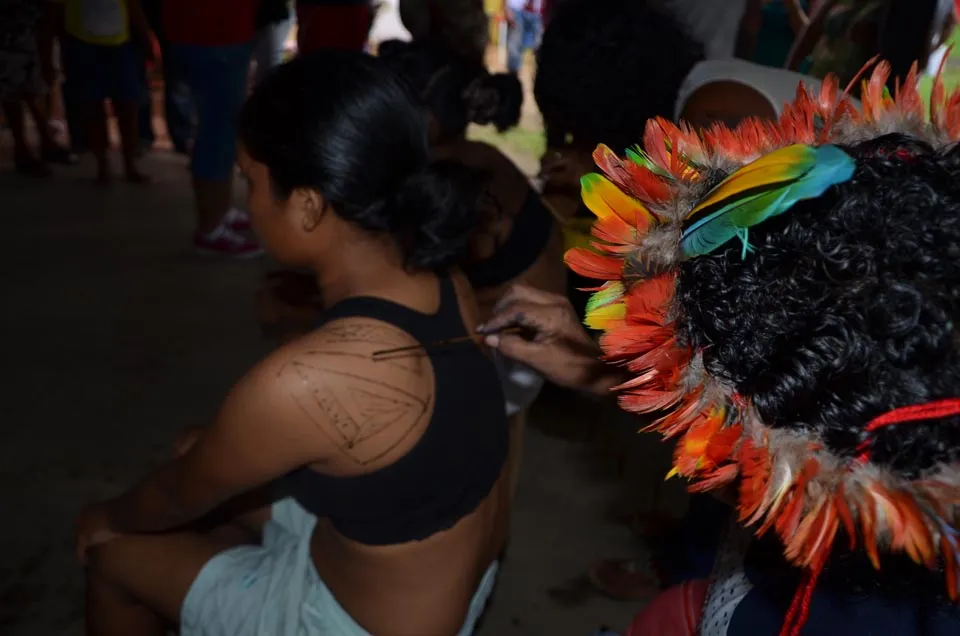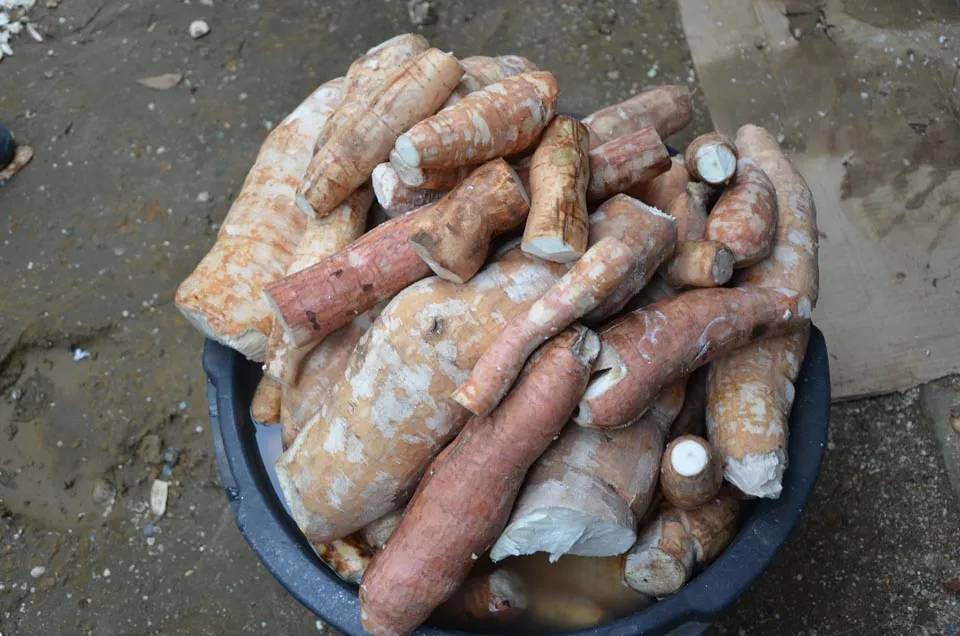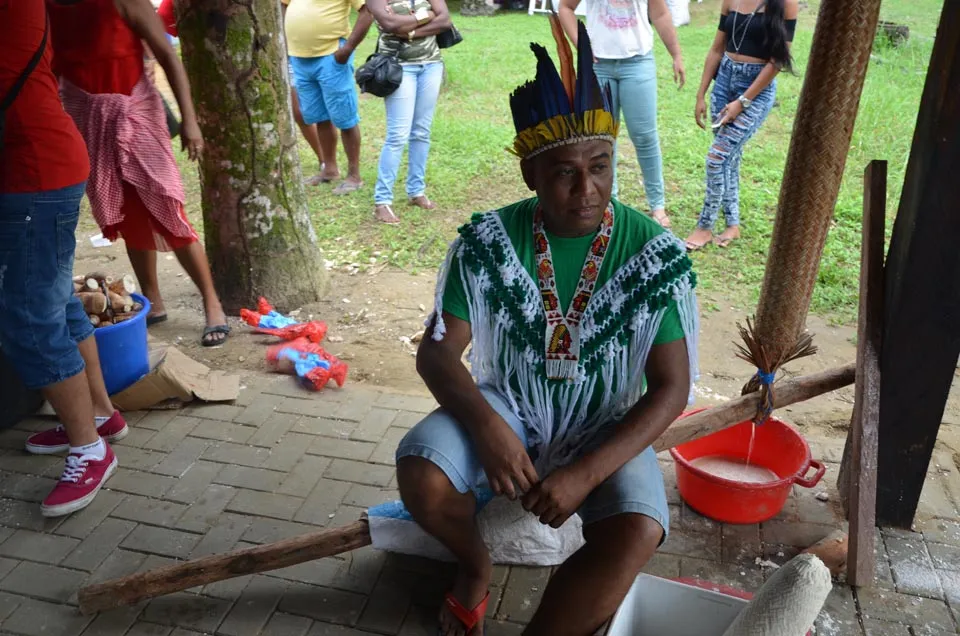Suriname’s interior is covered with an estimated 14,758,000 hectares of rainforests which is home to an abundance of flora and fauna according to the United Nations (UN).
With over 94.6 per cent of this area covered with rainforests, organisations like REDD+, Conservation International Suriname, the World Wildlife Fund (WWF) and the UN have been working to preserve the area’s natural resources.
But these efforts have also focused on protecting the indigenous and Maroon communities who live in these areas because of their vulnerability to climate change and the unsustainable exploitation of natural resources.

Suriname’s indigenous communities coping with climate change
With the natural resources of the rainforest a primary source of their livelihoods, representatives from Suriname’s Apoera, Apetina, Stoelmanseiland and Kwamalasamoetoe communities recently told Cari-Bois climate change has affected their ability to fish, hunt and grow food.
These effects are compounded by illegal mining and extensive deforestation which some studies have shown also affects the quality of water resources used by some Maroon communities.
Working with the Department of Sustainable Indigenous Affairs in Suriname’s Ministry of Regional Development, Arnold Arupa told Cari-Bois that discussions are ongoing with the Apetina and Kwamalasamoetoe communities about their natural resources.

Climate change from the perspective of the Apoera community
Apoera’s lead Public Relations Officer Sherlock Krenten said the community’s elders have noticed a recent decrease in the yields of cassava and pomtajer when compared to previous decades.
Recent widespread droughts, floods and a visible increase in pests are some of the causes which Krenten has identified for the decrease in yield of these staple crops.
So far, the community has moved agriculture to higher grounds to adapt to changing temperatures and extreme weather events.
But there are also concerns about the community’s health as it relates to their overall well-being in changing environmental conditions and the availability of nutritious foods.

Looking forward
From March to June, 2022, large areas north of Suriname’s Afobaka dam were flooded and a subsequent Worley Report attributed the events to a strong La Niña.
Studies by the National Oceanic & Atmospheric Administration, and the World Meteorological Organization, have shown continued changes to the earth’s climate will only result in further temperature increase, more intense rainfall and an increase in the intensity/frequency of tropical weather systems.
Krenten said there is a level of awareness among indigenous communities to climate change – particularly among the young generation – but more work needs to be done with the older generations.
Arupa said the Government is making efforts to increase climate awareness in indigenous communities and help them understand how external activities are affecting their lives.
Apart from these efforts, NGOs have also been working to improve climate mitigation and adaptation in indigenous communities.

This story was published with the support of The Cropper Foundation and Climate Tracker’s Caribbean Citizen Climate Journalism Fellowship.





